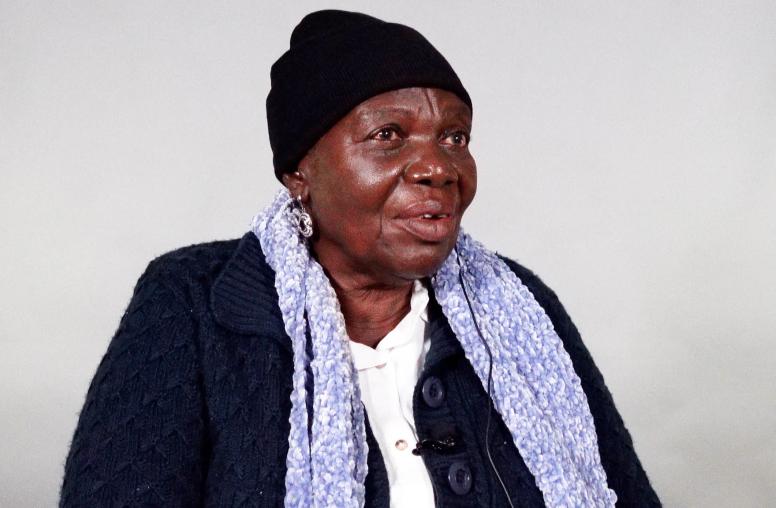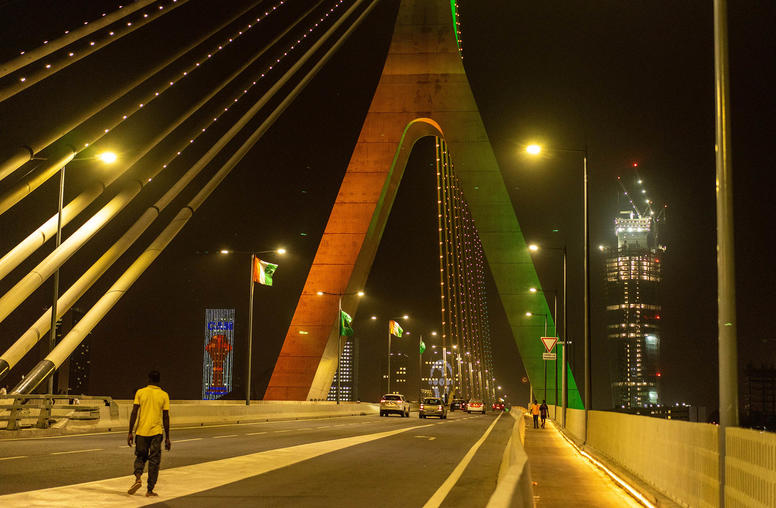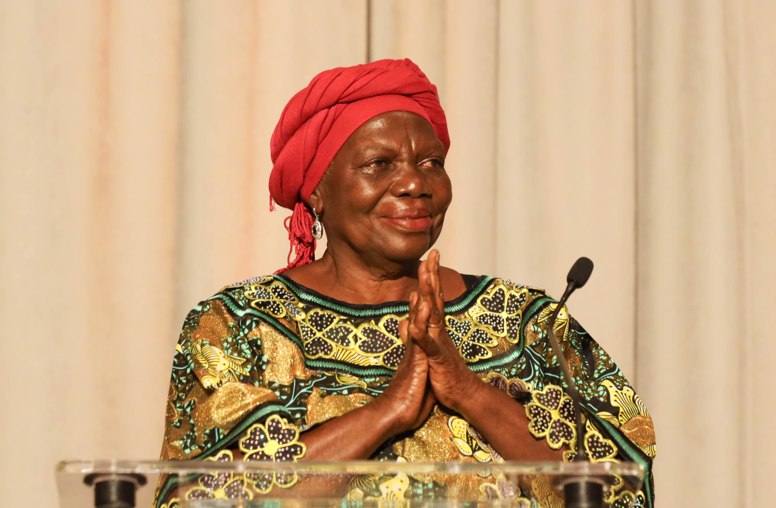Sighs of relief resounded throughout Central Africa and far beyond when Joseph Kabila, president of the Democratic Republic of the Congo (DRC), announced his decision to take a step back in the December 23 presidential elections. His support of Emmanuel Ramazani Shadari (former interior minister and loyalist of Kabila’s PPRD) as the ruling party candidate removes the possibility that Kabila would ignore or eliminate term limits, which would further destabilize the fragile country.

In a region with a long history of political violence and tense elections, the departure of a repressive ruler is welcome. But the coast is far from clear as the DRC remains home to a medley of armed groups, inept institutions, vast humanitarian challenges, and overwhelming logistical hurdles less than four months until Election Day.
In his analysis, John Mukum Mbaku rightly argues that Kabila's decision significantly reduces the probability of another civil war—anti-Kabila protests had already turned deadly early this year. But the risk of widespread election violence persists. Government repression of dissent continues, and both the election commission and Constitutional Court seem unable and unwilling to ensure free and fair elections. Two leading opposition contenders, Jean-Pierre Bemba and Moise Katumbi, have been banned from running. A Medvedev-like scenario, in which Ramazani saves a seat for Kabila in 2023, remains plausible.
The Power of Preventive Diplomacy
The pressure on Kabila had been mounting, and his decision may demonstrate the effectiveness of preventive diplomacy. By running for re-election Kabila would violate the constitution's two-term limit, a move that could have triggered renewed clashes between police and demonstrators fed up with corruption and repression. His popularity has steadily waned, and both the domestic and international pressure was mounting.
Beyond the threats and statements by the United Nations, the African Union (AU) and the United States, regional powers like Angola and the Southern African Development Community (SADC) had added their voices. In May, Angolan President João Lourenço made it clear that Kabila should not run again. Angola experienced its own historic transition of power in 2017 (the first in almost four decades) and felt well-positioned to pressure the regime.
So, what is next? Continued diplomatic pressure will be required to avoid stalling tactics and help ensure a fair electoral process with an equal playing field. According to the International Crisis Group's Hans Hoebeke, the SADC and AU should support an audit of the voter register and inspection of voting machines, while pushing the Kabila regime to relax its political repression. Security forces will need more professionalism, trust and capacity, while observers should capture the broad array of election violence types the DRC will likely face in the coming months, so it can be better prevented in the future.



